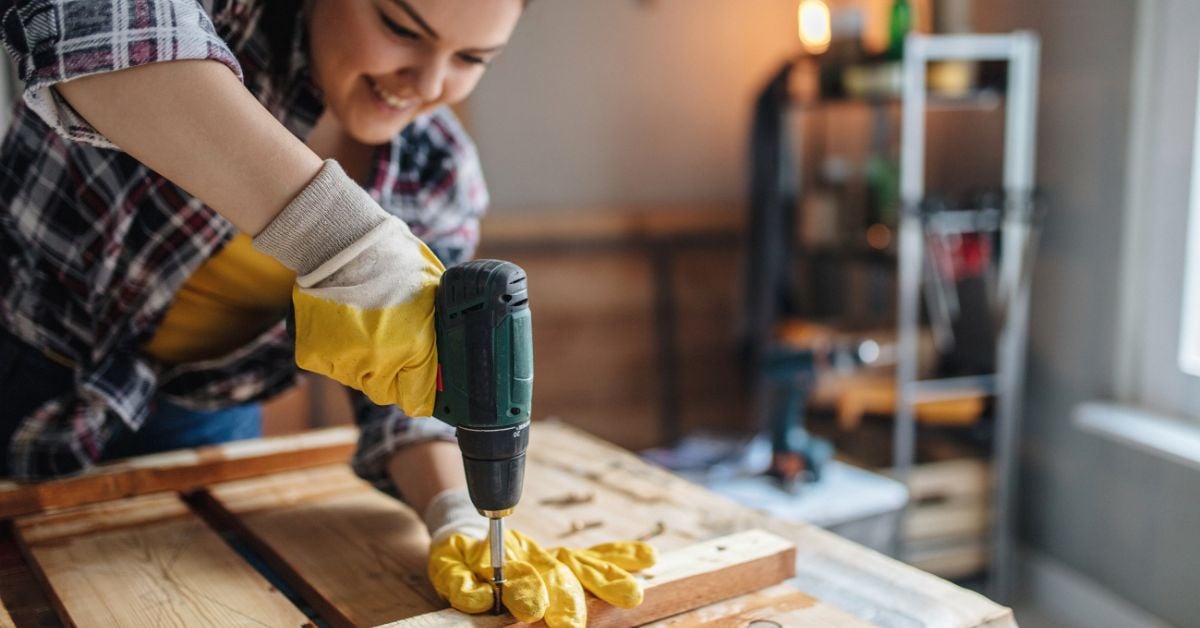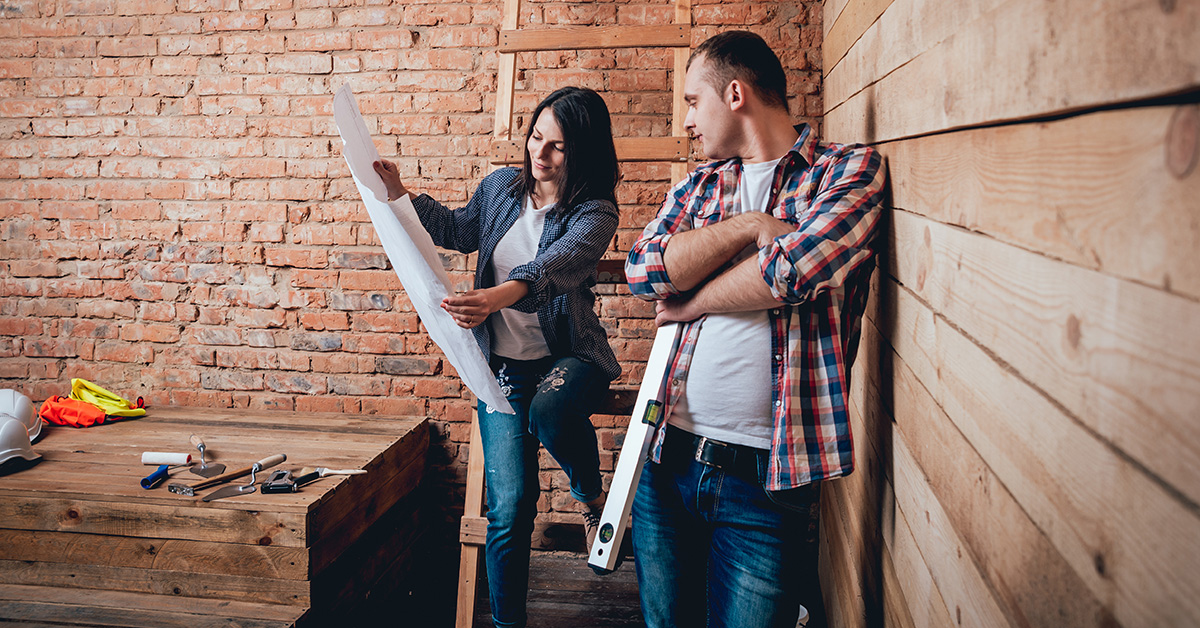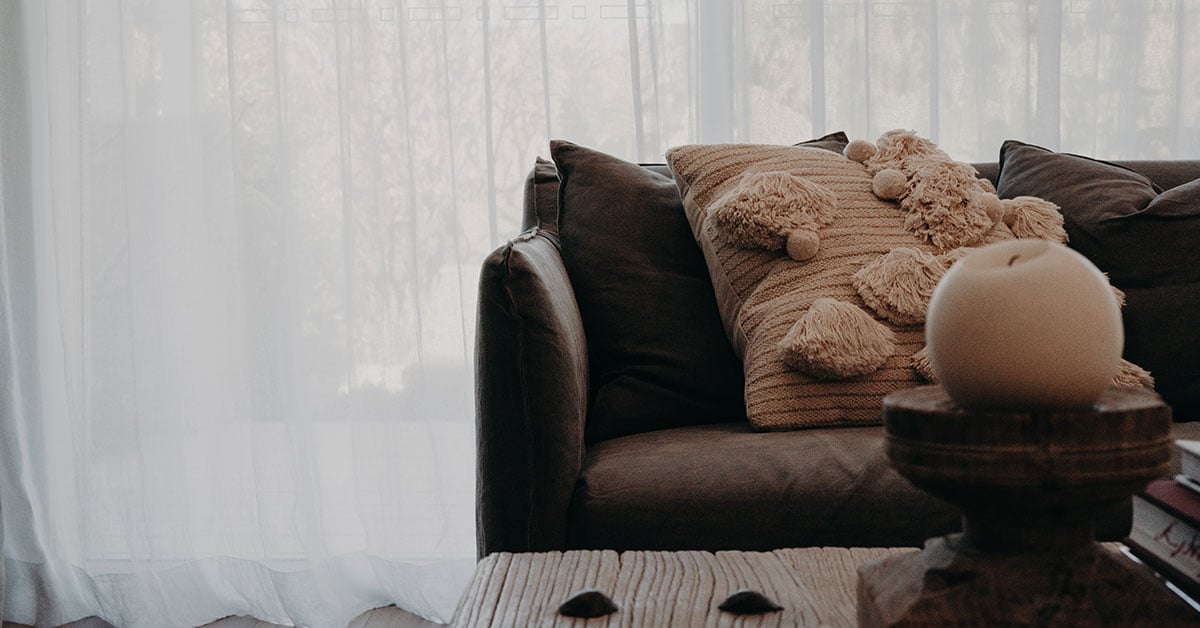Avoid Over Capitalising on Your Home Renovations

Our home is likely to be our most valuable asset. It is a place where we grow and create lasting memories. Many New Zealanders choose to stay and renovate their home rather than sell. Yet, it is still essential that you consider whether your renovation will add value or make you lose money in the long run.
When it comes time to sell your home, you want to ensure you make the most amount of money from the sale. If you have spent too much on the renovations, you may have overcapitalised.
What is over capitalisation?
Quite simply, the term over capitalisation means to improve a property beyond its resale value. In other words, it means that you have spent too much money on the renovations of your property and are unable to recoup that money if you decide to sell.
An example would be if a home owner spent $200,000 on home renovations and then decided to sell, they may find that the renovations only added $100,000 to the value of their property. This means they effectively lost $100,000 as a result of doing the renovation. You have over capitalised on your property by $100,000.
To ensure you do not spend thousands on your property and then lose money when you go to sell, make sure you consider these points.
Know the value of your property
The first step is to get your home appraised by a qualified real estate agent. This will help you understand how much your property is worth in the current market, how much it has increased in value since you bought it and how much other properties are selling for in your immediate area which can be very important.
You should also talk to your agent about the value of similar renovated and un-renovated properties in your area. Keep in mind that each neighbourhood has a median sale price and an upper sale threshold and this can vary significantly even within one suburb as a result of the housing style, street scape and demographics of each area.
Once you know how much your home is worth you can determine how much you want to spend on it.
A general rule is, if you are looking at selling your home in the near future or you are renovating an investment, allow 10 percent of your property value for your renovation budget.
Be careful, when working out your budget that you don’t spend over the upper sale threshold as the chances of you making your money back in the short term are near impossible.
Keep your future in mind
If you are renovating your home to live in, make it comfortable so it suits your current and future needs. However, make sure you consider how your renovations will appeal to a wide range of buyers if you were to sell it.
There are certain rooms that will bring value to your home. The kitchen, bathroom, family room and outdoor living areas are consistent favourites with buyers. In more recent times, renovations that make homes greener by increasing efficiency and reducing energy bills have become increasingly popular.
On the flip side, adding features such as a pool may actually reduce the price of your property in long run as many future buyers are not keen on the extra work and expense that comes with swimming pools.
In essence, while it is important to have a comfortable and well-made home for you and your family, think about whether the renovation makes financial sense and whether it will appeal to potential future buyers.
Stick to your budget
Before you start knocking down walls, ensure you have a clear and documented budget that is realistic and one you can stick to. You do not want to get to the point where you cannot afford to finish the renovation and have to sell the property half completed.
Poor design and layout
Your house needs to flow and the design needs to make sense. If it does not it can impact the resale value of your home.
It is recommended that you consult experts such as an architect or drafts person to help draw up your plans and to ensure the layout is functional. In many cases people renovate a home that would be better off demolished or add an extension that does not work with the original home. If the layout and design is poor the chances of you losing money on these renovations is fairly high.
Choose the right builder and don’t DIY
You need to engage the services of an experienced and qualified builder. To achieve this, spend time researching the builder, talking to past clients, checking they have the right experience and qualifications.
Unless you are a trained builder, it is not recommended that you take on the job of renovating your own home. If the quality of work is poor, it will devalue your home. There is no such thing as a cheap renovation. Ultimately it will impact the resale value of your home and you may need to spend more money later to fix the original.
6 questions to consider before you renovate
- What are your current and future needs? Will you need space for the kids, or will they be moving out any time soon? Now map out the must haves vs the nice to haves. For example, a third bedroom for your teenage boy may be a must have whilst the skylight in the hall may not be.
- How much will the renovations costs? Do you have the available funds? How much is the expected value to be added to the property? Will the renovations cause your home to lose value?
- What is the condition of my current home - Will I be renovating more than 50 percent of my home? Do I need building consent to comply with local building regulations?
- What do you want to achieve from your renovation and would it be cheaper to buy a different home rather than renovate?
- Will my renovation be in keeping with the style of homes in my area or will it stand out like a sore thumb? Often many people like an area for its style of properties and a poor design that does not compliment the surrounding homes can devalue yours.
- Am I renovating to sell or to live in? This will dictate budgets, scope of work, design and the finishes you choose.



